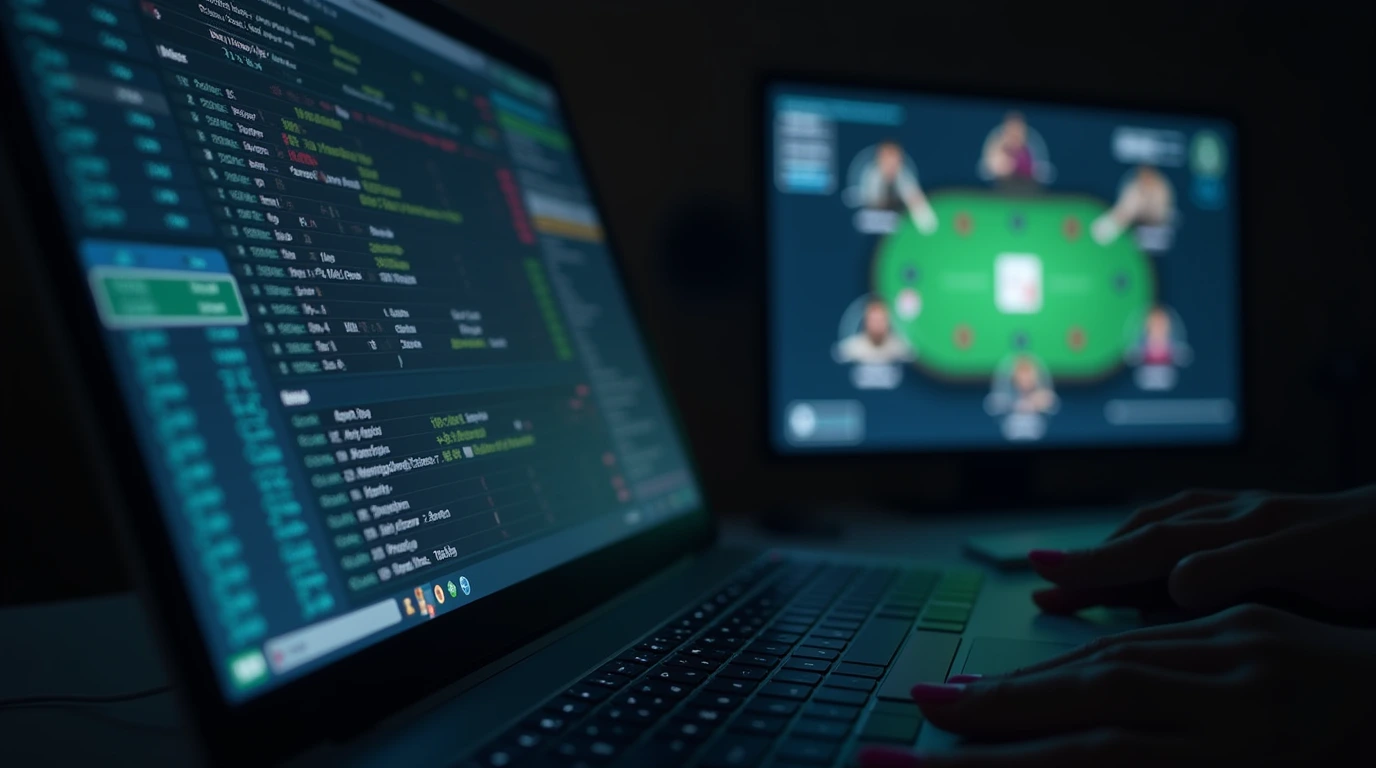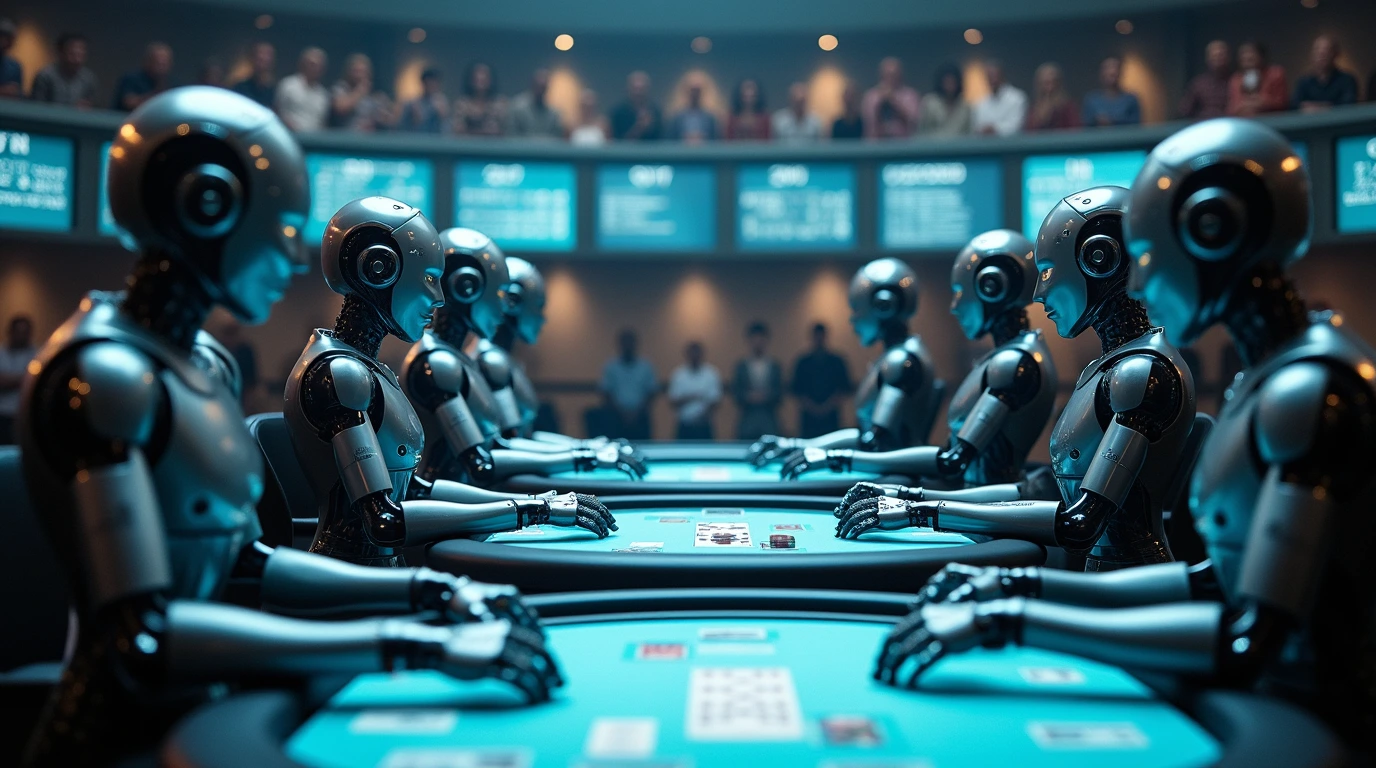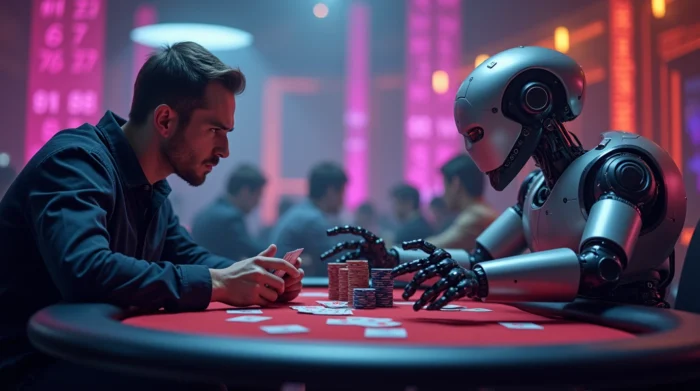I’ve spent years developing poker AI, and sometimes it feels like I’ve gone full circle. From the early days, when poker was thought to be too “human” for machines to master, to today, where bots can bluff better than most humans, I’ve seen the evolution firsthand. And yet, there’s still a part of me that chuckles at the irony of it all. It’s poker, the ultimate psychological game, getting done with algorithms and code. So, how did we get here? And what does that say about the game?
Having come initially into poker AI research, I really did think it impossible that one could ever hope to teach a machine to read between the lines-to sense fear or confidence behind a bet.
But with refinement in technology came refinement in how to simulate human-like decision-making, and poker bots suddenly weren’t so much curiosities but capable of outsmarting some of the best players of the game. It was no longer about pure hard force or even calculation of odds but was all about adapting, learning, and yes, bluffing.

There’s something almost comical about it. We, humans, have spent centuries mastering games like poker, believing that the art of reading someone’s “tell” was an uncrackable code. Now, my poker bot doesn’t just analyze your betting patterns; it knows when you’re sweating over that decision to raise or fold. It’s like watching someone run straight into a brick wall they didn’t know was there.
But here’s the amazing part: these bots don’t just keep to their circle and beat on amateurs. They play against pros. The best poker AI is all about not memorizing hands or running them through some kind of formula, but evolving-learning in real-time, countering strategies willy-nilly. The bot is always a few steps ahead, calculating what not only you are likely to do but what you think it’s going to do. It’s the perfect poker cheat without really breaking any rules.
Not to mention poker machine learning. What at one time required laborious programming now gets handled through algorithms of learning from experience. Every played hand fed the machine and taught it how to exploit the weaknesses, find the patterns, and adapt to any playing style. It was obvious that this bot learned more quickly than any human ever would-have made each game a lesson and each opponent a data point.
Of course, not everyone is thrilled about this. There’s a fair share of players who see poker AI software as the death of the game. They claim it removes the human element—the sweat, the nerves, the gut instincts. And while they might be right, I’d argue it’s just the next step in poker’s evolution. Yes, AI has changed the game, but isn’t that what we’re supposed to do? Change, adapt, improve?
It’s no longer about who’s on the better hand. Poker AI gave way to an entirely new kind of strategy-a deeper layer of mind games. The bot isn’t just tabulating probabilities; it’s simulating human capriciousness, learning to bluff, and stretching the limits of what we once thought machines could never pull off. It’s like teaching a dog to play chess-and then watching it beat you at your own game. You may, however, be pondering whether there is left any future for the human players-after all, how would you compete with something which never tires, never gets emotional, and does not make guesses? Well, it’s not all bad news. It’s, as a matter of fact, the beauty of poker that it is so unforeseeable; while AI poker bots really know to make use of the pattern, they are still very much vulnerable to creativity.
But one daring, unexpected move-something illogical on every count-can just send the best bot into a tizzy. For now, at least.
But come on, folks-things are bridging up: the gap between man and machine gets thinner by the day. Having developed poker AI strategies myself, it has been incredible to see just how fast such systems can improve. Things that took several years and lots of trial and error now take several weeks, sometimes days. And with further advances in technologies, even more bots will come forth that will not only play poker but master it in ways we can’t fathom.

So where does that leave us? Tearing up the white flag and letting the machines do their thing? Perhaps. Then again, perhaps not. There’s still something a little magical about sitting down at a table, staring an opponent in the face, and making a bet. AI may have the numbers on its side, but at least we still have the edge in unpredictability. At least, that is what I like to remind myself. In fact, poker AI development is here to stay, and the game is constantly changing. The question cannot be if AI is going to conquer poker-it has already in most ways. Instead, it becomes a situation of: How do we now, in turn, as players, adapt to this new reality-are we going to go with the flow with the bots, learn from them, and take some of their strategies in order to implement and improve our game?
Or are we digging in our heels and trying to make poker a resolutely human game?
My answer, pretty straightforward, would be that the future of poker is not in fighting the AI but learning from its powers. Be it with poker AI training tools or bots offering new challenges that make us think deeper, AI is going to push us toward evolution. And that’s a good thing-the game gets more complex, more challenging, and in the long run, more rewarding.
So, the next time you sit down to play, keep in mind: you are not playing against the person across the table but are competing against years of research, dozens of lines of code, and a machine that outsmarted you at your very own game. But do not worry about that. It only makes the win all the more sweet. After all, it’s a game of the mind. And yes, maybe the bots win this battle, but no reason for us humans to give up.
